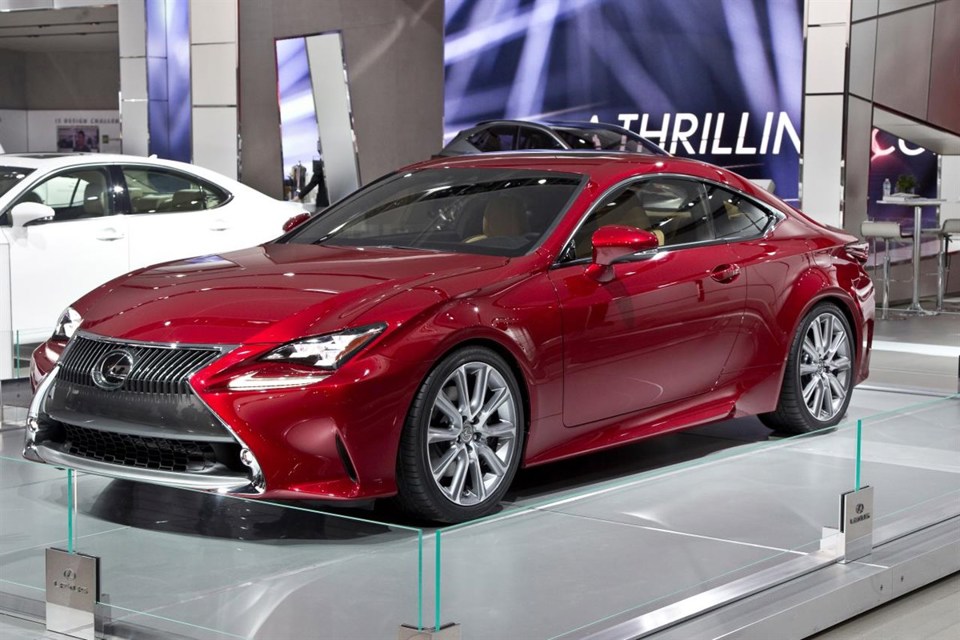Some models will command almost 25 times more tax than before under the new VED road tax rules introduced on April 1, according to What Car? magazine.
The magazine has compiled its rankings of those who are set to lose out most under the new legislation as consumers face a race to complete their buys before potential tax rises of up to 2,475%.
Some of the worst affected vehicles are those considered to be some of the greenest. Conventional hybrids such as the Lexus GS300h and RX450h, which had commanded tax bills as little as little as £20 and £40 over three years will command £1,010 and £1,030 bills respectively under the new rules.
What Car? editor Steve Huntingford said: “The new tax laws are designed to increase the advantage of running a zero emissions car, but they make things much more complicated and push up the price of many ‘bread and butter’ models.
“Buyers still have a small window to snap up a bargain before 1 April, and there are a number of grants for plug-in hybrids at their disposal. Tax aside, valuable savings can be made by using the What Car? New Car Marketplace to get the best possible price.”
Below are the 10 cars set to be worst-hit by the April 1st VED road tax changes, according to What Car?:

Under the new legislation, only zero-emissions cars costing less than £40,000 will be free to tax.
In the case of the GS300h hybrid, the near-£1000 hike in the three-year tax bill is made up of a £150 first-year rate based on its CO2 emissions, followed by two subsequent payments of the new hybrid flat rate of £130 per year, which applies to all vehicles with emissions above 0g/km CO2.
In addition, all vehicles that cost more than £40,000 are subject to a further £310 a year charge between years two and six.
As a result, three-year tax bills on the Porsche Cayenne E-Hybrid, Mitsubishi Outlander PHEV and Volvo XC90 T8 and Audi Q7 E-tron will also jump from zero to as much as £1,000.
On the up side, the Audi, Mitsubishi and Volvo remain eligible for a government grant of £2,500 thanks to their low CO2 emissions of less than 75g/km, and if buyers order before the tax hike they could save almost half as much again.
What Car? revealed that motorists who flocked to buy one of Britain’s top sellers in the first months of 2017 are also likely to have avoided a hefty tax premium.
Six of 2017’s top 10 sellers are among the highest risers. Certain derivatives of the Vauxhall Astra, Ford Focus, Nissan Qashqai, Mercedes C-Class, Audi A3 and BMW 3-Series will command an extra tax bill of between £400 and £1,000 over three years.
This year's top 10 sellers so far:



















Les - 01/04/2017 10:04
Let the motorists fund the road repairs by the governments as they spent the money elsewhere over the years, I can't believe we sit back and accept this.